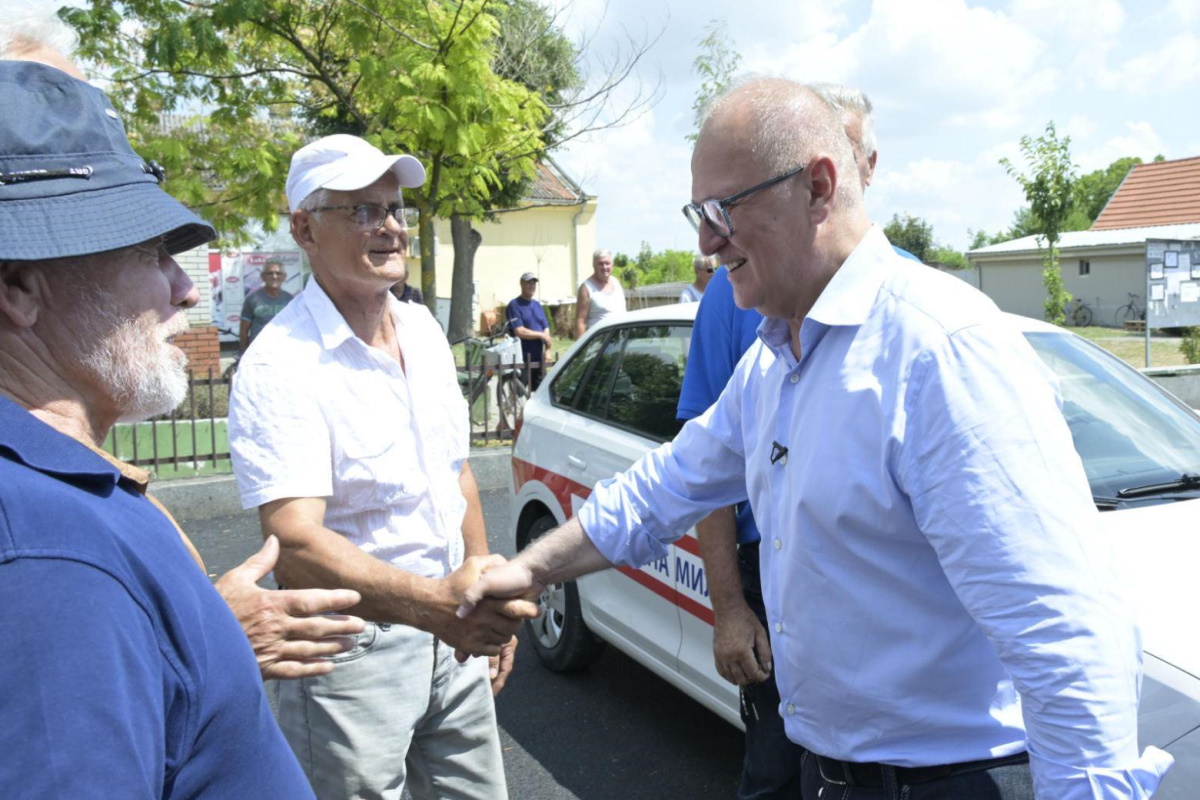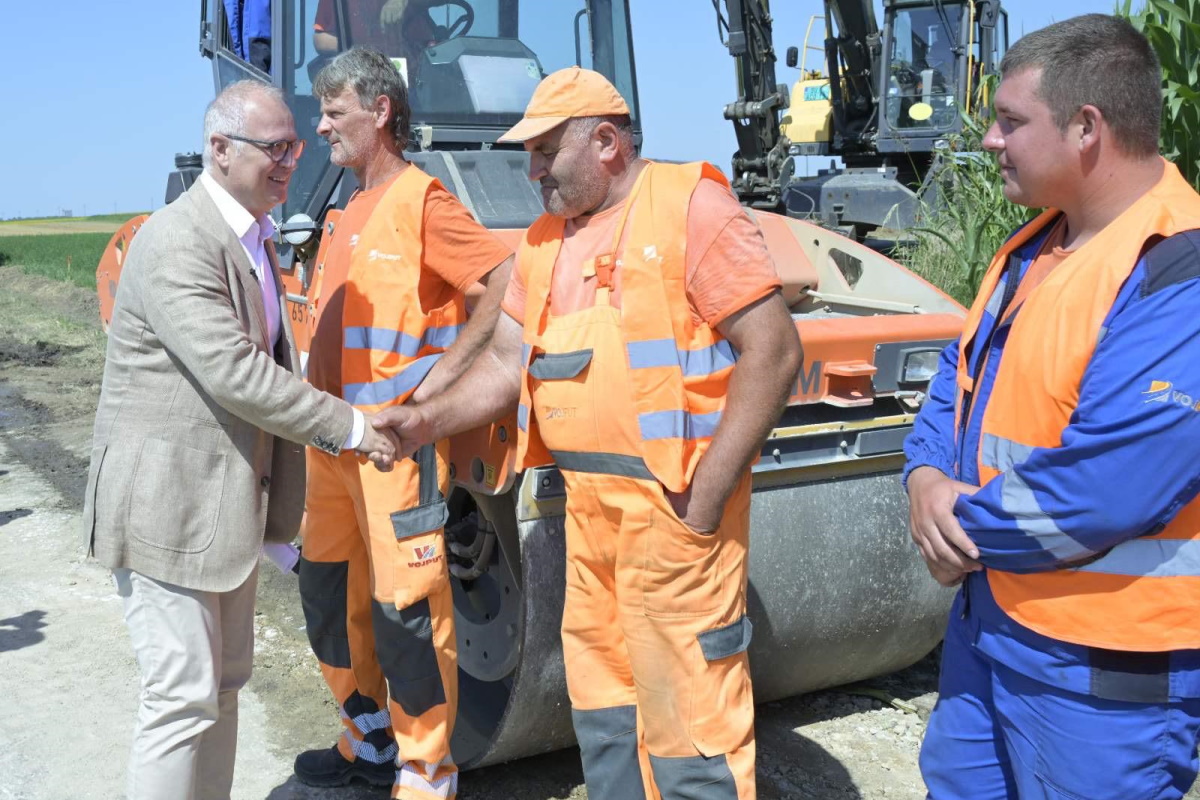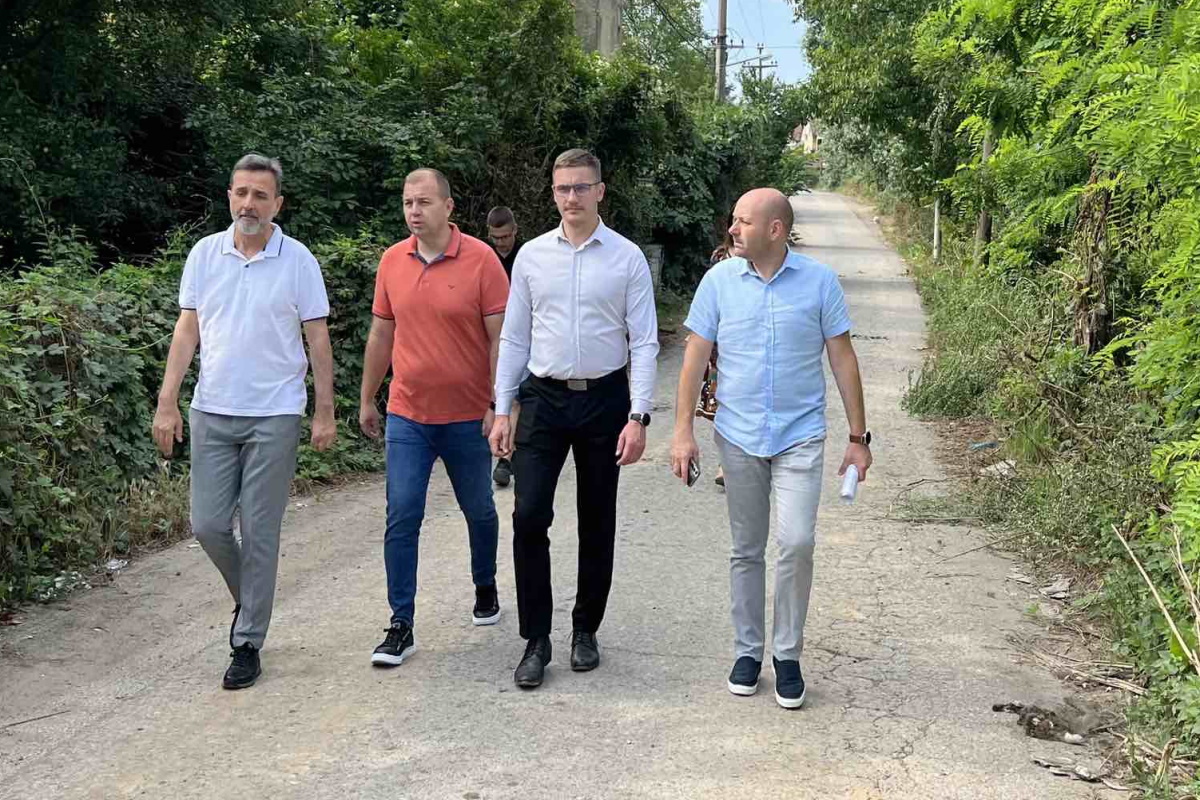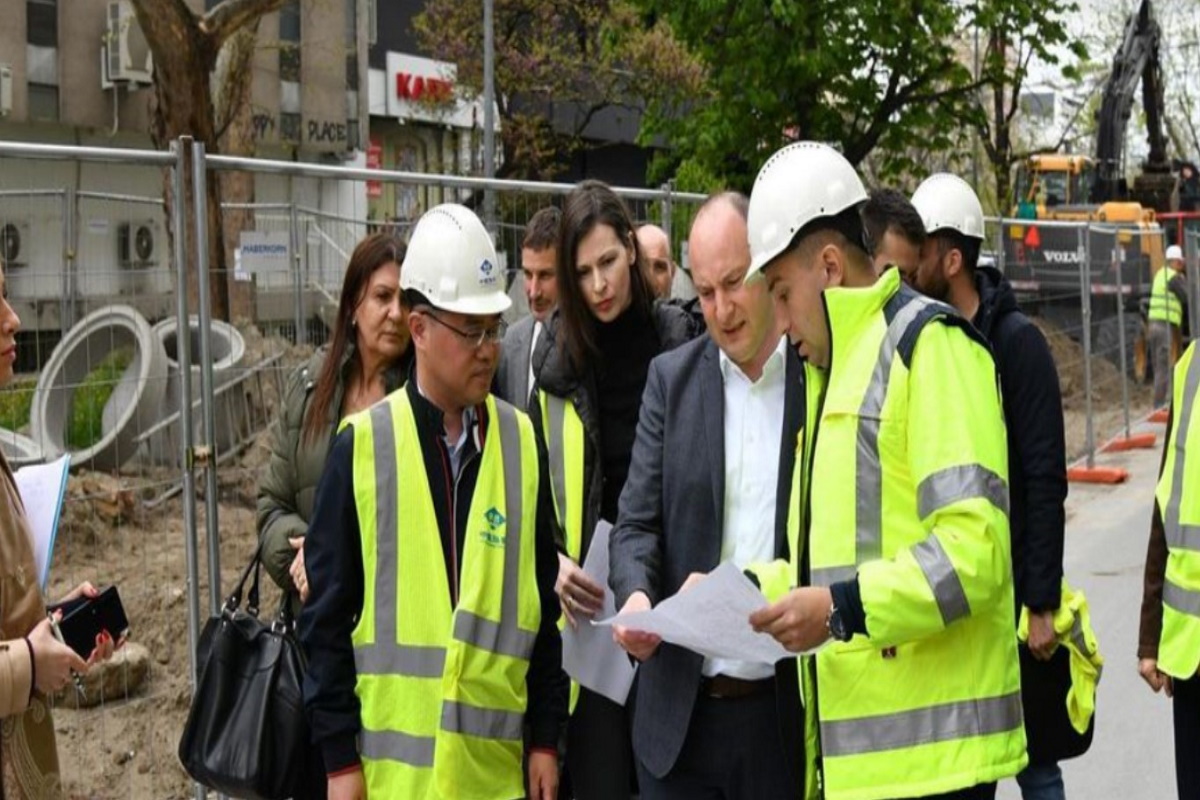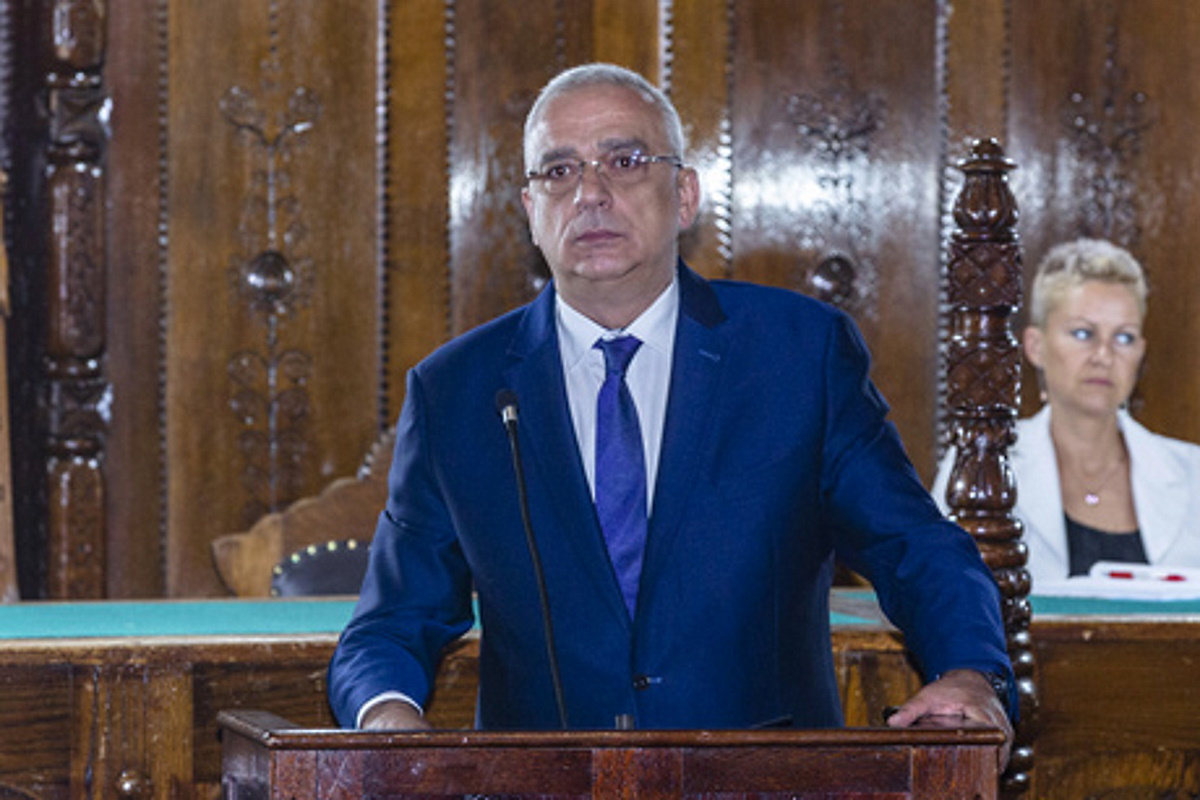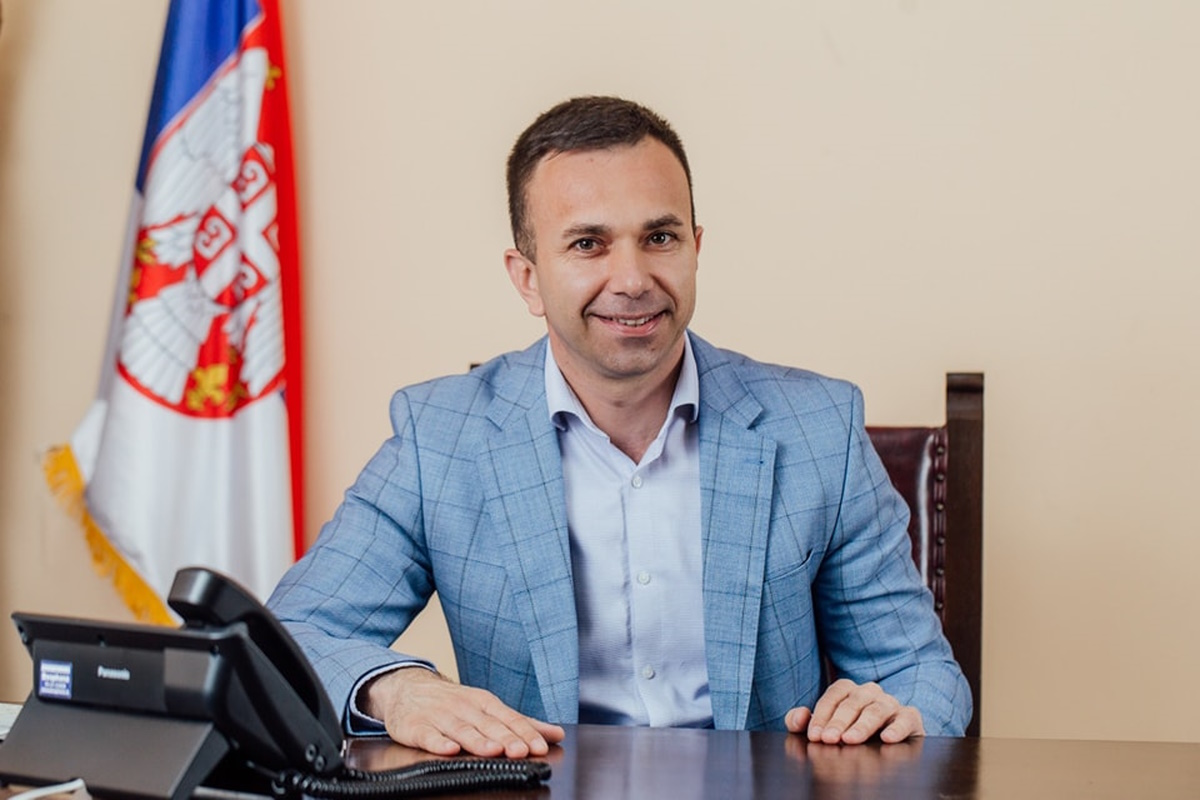During the term of the Ambassador of the People‘s Republic of China to Serbia, Chen Bo, great results were achieved in the field of infrastructure in Serbia, as was stated during the farewell visit the Ambassador made to the Minister of Construction, Transport and Infrastructure Goran Vesic.
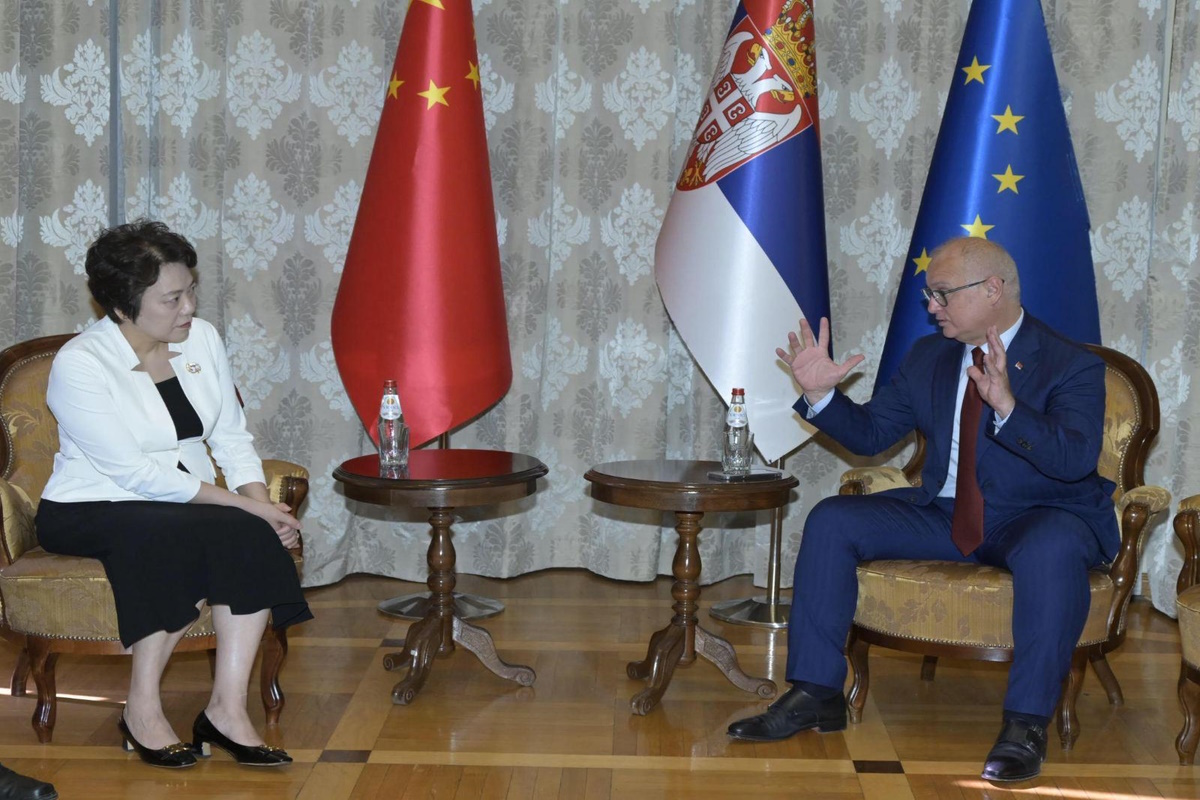
Chen Bo took the opportuinity to express that infrastructure is the most important field of cooperation between the two countries, and that a great deal was done in Serbia, from railroads and roads which Chinese companies are working on, to large projects like the Metro and the „Clean Serbia“.
Thanks to the strong support of the Ambassador Chen Bo, through the „Clean Serbia“ Project 2.5 million residents in 69 units of local government will gain access to a sewage network, while many other local governments will receive a wastewater treatment plant. The Ambassador has also emphasized the importance of the Clean Serbia Project in terms of its environmental impact many times.
She deemed this a great success in cooperation between the two countries, and stated that there is a great potential to continue the cooperation between Serbia and China in the field of infrastructure.




